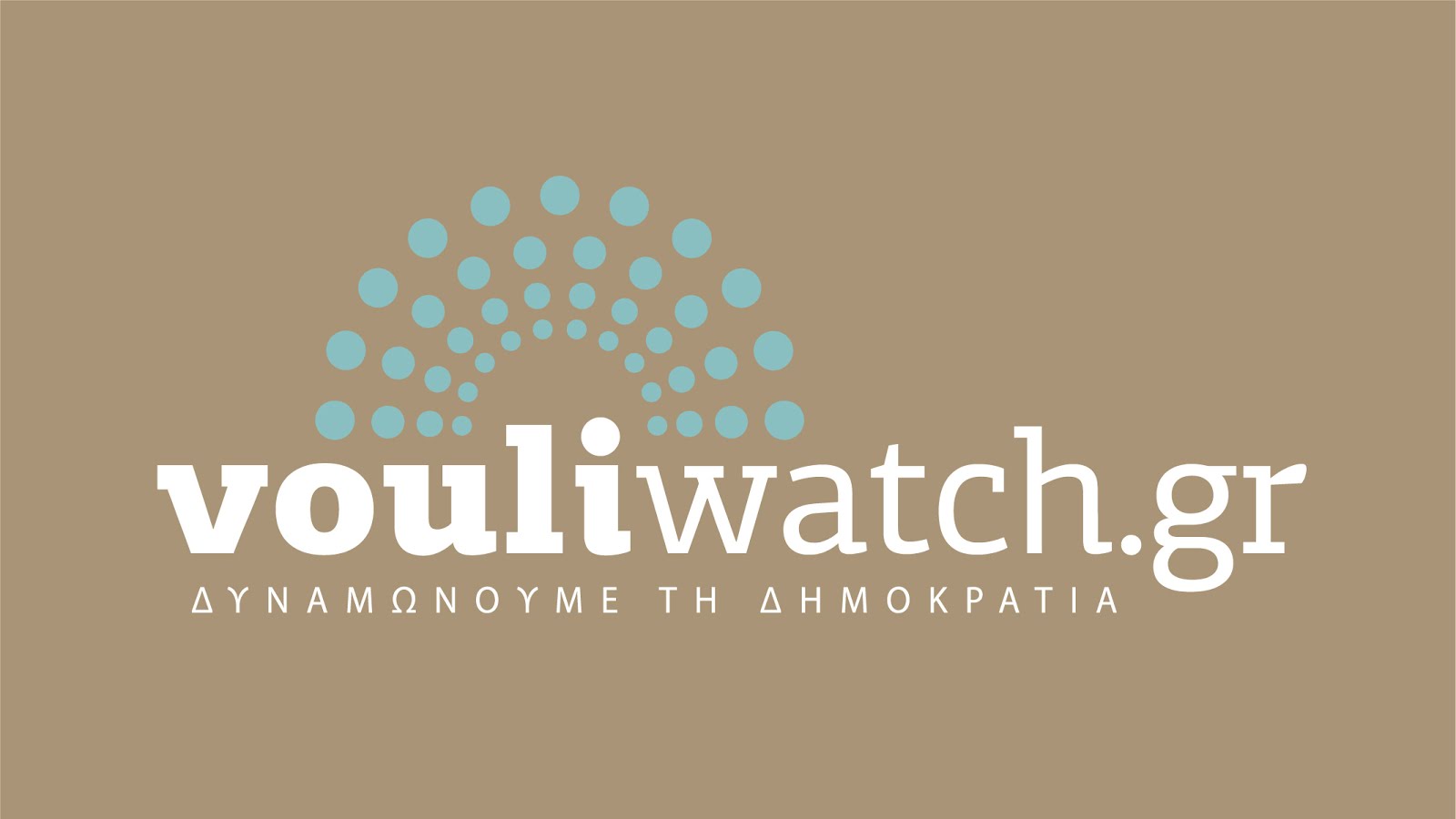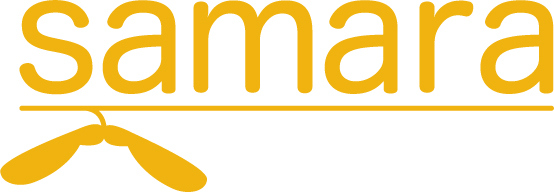
Organization: Vouliwatch
Country: Greece
Government Level: National
Overview: Vouliwatch is a digital platform that engages Greek citizens with legislative politics and grants them with the opportunity to communicate, evaluate and hold elected representatives in the Greek and the European Parliament (MPs & MEPs) accountable.
Background: Vouliwatch was set up in March 2014. It is an independent, non for profit organisation aiming to promote public dialogue, knowledge, political participation and accountability between citizens and politicians.
The mission of the project is to encourage Greek citizens to engage in politics, as well as to increase accountability and transparency in the Greek political system. To achieve this, the Vouliwatch team will be cooperating with politicians and civil society in order to promote a culture of dialogue and understanding.
Vouliwatch incubates and cultivates a synergistic democratic culture that inspires institutional and technological innovation. Therefore, we are looking for new ideas, concepts and human networks to disseminate and improve our project.


